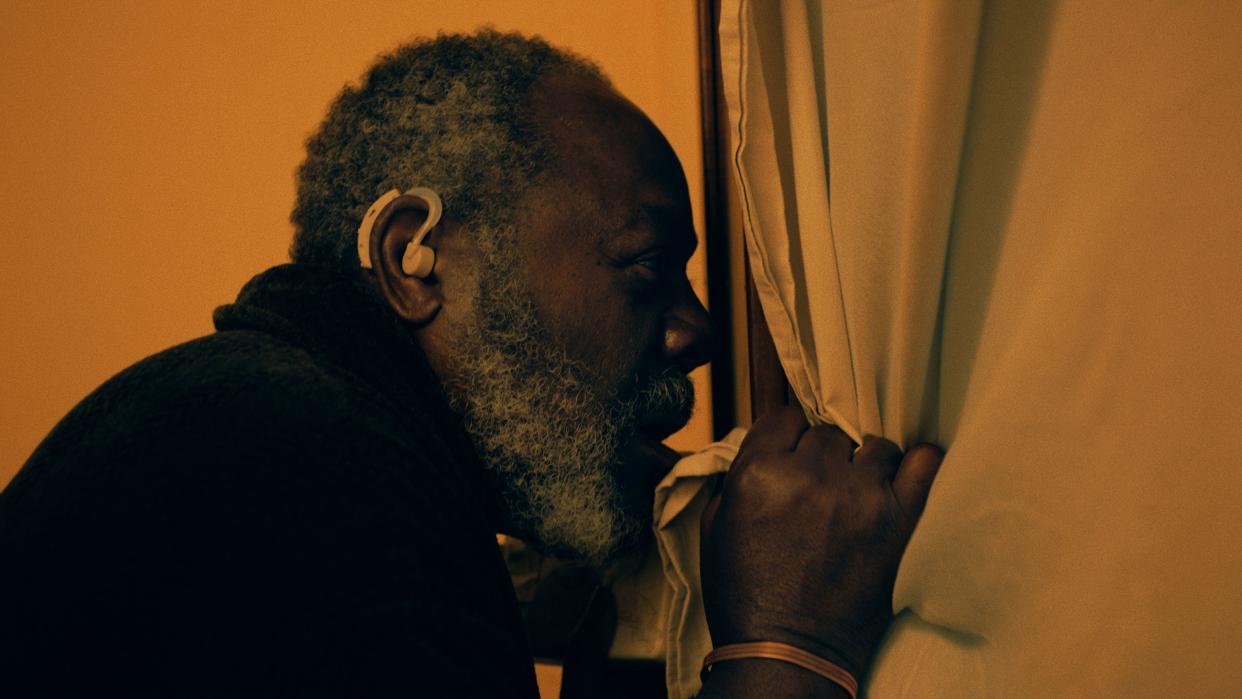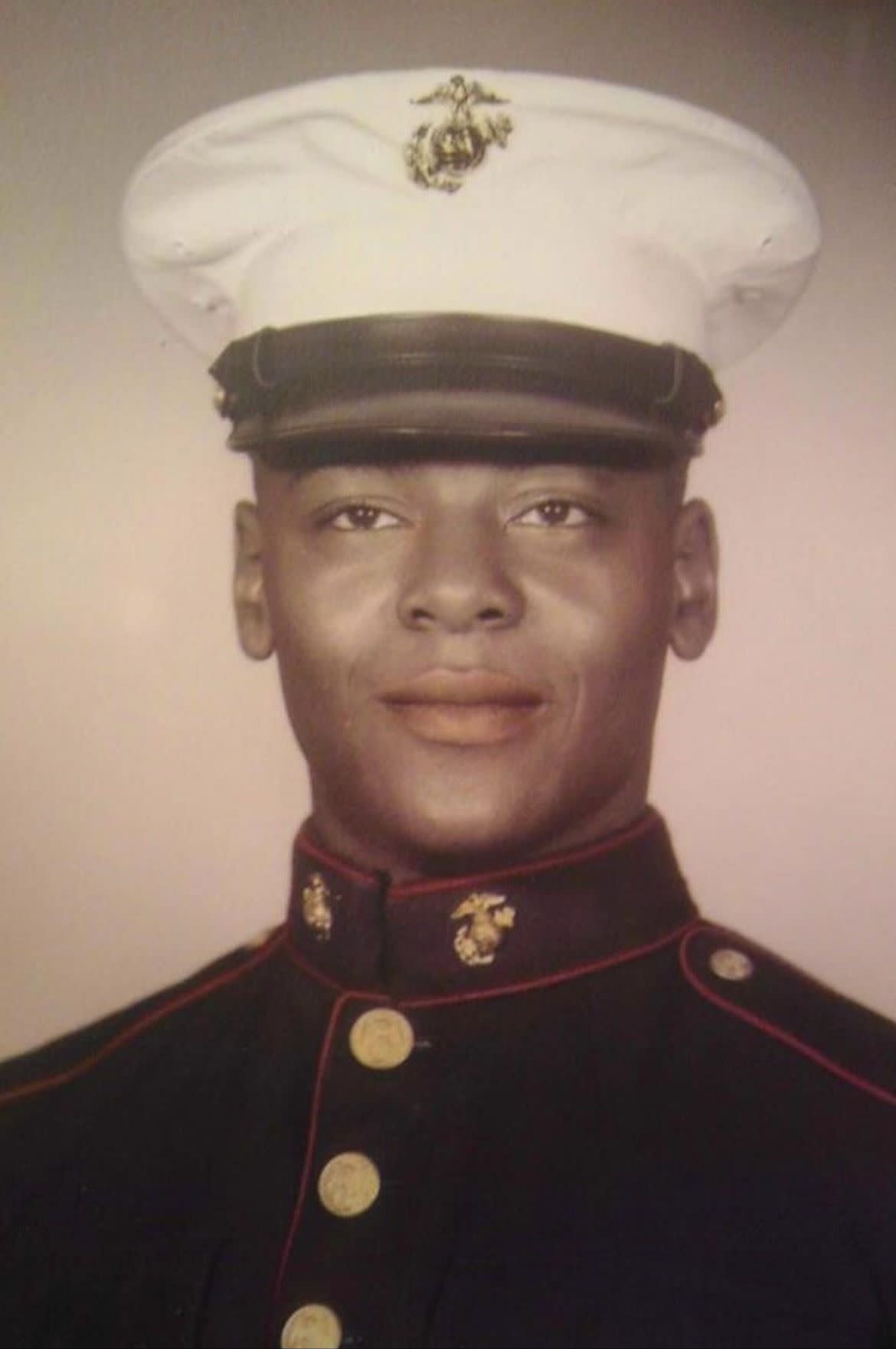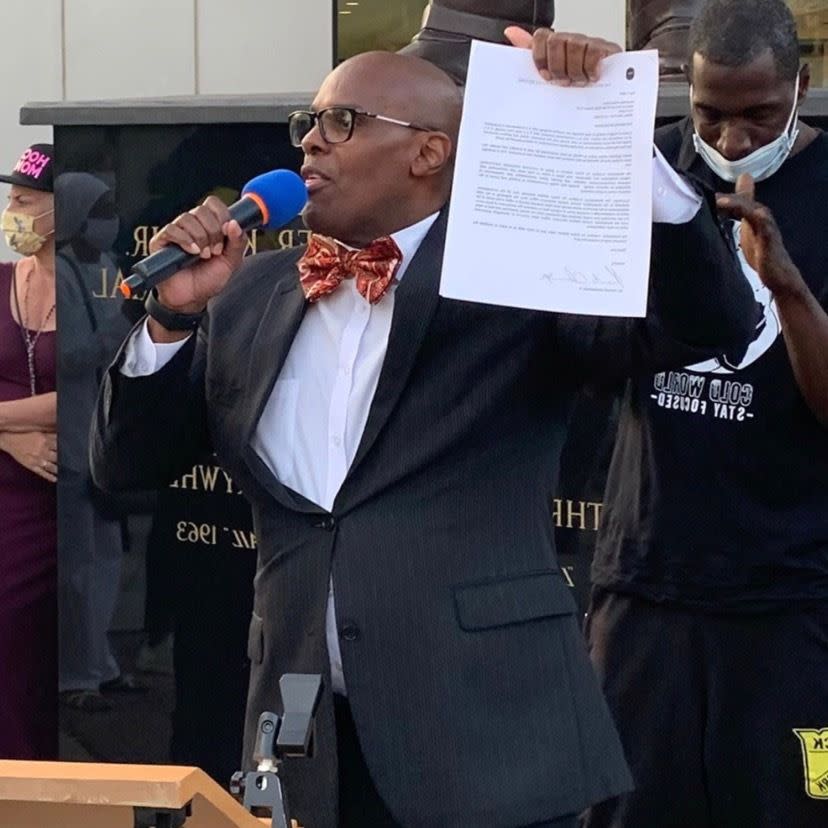Morgan Freeman on police brutality central to ‘The Killing of Kenneth Chamberlain,’ accountability
Watching “The Killing of Kenneth Chamberlain,” audiences will feel as though they’re watching the tragedy in real time.
The film is David Midell’s retelling of the Nov. 19 2011 police killing of 68-year-old former Marine Kenneth Chamberlain, played by Frankie Faison, in his Westchester apartment, after he inadvertently set off his medical-alert device.

“What stands out eventually is how unnecessary that entire situation was,” Morgan Freeman, who co-executive produced the film, told the Daily News this week on a call with Kenneth Chamberlain Jr.
“This is a domestic situation, not robbers, not [a] killing, there’s no criminality involved here at all,” continued the “Shawshank Redemption” star, 84.
“Somebody set off his Life Alert system, go check it out. So they get there to check it out and the person says that it’s OK, it was a mistake. They had already been told that also by a dispatcher, OK? They canceled that call. So why continue? Why did they continue?”

The film is in theaters and available on demand. Much of its script, said the younger Chamberlain, who has control over his father’s estate, came from the medical alert device’s recording, which he wasn’t allowed to hear until 2012.
“Everything that we gave [writer-director] David Midell ... is available through Freedom of Information. We didn’t give him anything that was confidential or marked confidential because we’re still in pending litigations,” he explained to The News.
Since he first heard that recording, Chamberlain said, “I have challenged people from 2012 to now, to listen to that audio and tell me that you do not hear misconduct to murder.”

The device being set off triggers a dispatch of three White Plains officers, which eventually leads to more cops, chaos, alleged racial epithets and the fatal shooting of a man who repeatedly pleaded with them to just let him go to sleep. He was fine, alive, and just needed sleep, he insisted.
Police said Chamberlain Sr. slipped a butcher knife through a crack in the door and barricaded himself inside with a chair. Officers are on video tasing the retired correction officer once inside his apartment and they claimed he thrust a blade at one of them, which led to the shooting.
A grand jury failed to indict the cops who responded and in 2018, the Justice Department declined to pursue a violation of federal rights case against the suburban officers.
None of the parties involved — even the officer who, in the film, is portrayed as compassionate as he encourages his superiors to leave Chamberlain be — have apologized to the late veteran’s family.
“That would be an admission of guilt,” said Chamberlain. “So, they’re certainly not gonna do that. Not to mention it took over six months before the city of White Plains even acknowledged my family or gave us any condolences.”
The virtually real-time retelling of his father’s last hours premiered at the Austin Film Festival in 2019, just months before the resurgence of the Black Lives Matter movement in the wake of the police killings of George Floyd and Breonna Taylor, as well as the slaying of Ahmaud Arbery.

Reactions to the film, says Chamberlain, were as visceral two years ago as they are now.
“It’s this rollercoaster of emotions that people are on. People are crying, people are angry,” he said. “I watched some people in the movie theater and I literally saw people holding onto their seat real tight. There was another woman that was over on the side, I looked at her and she kept ... putting her hands up [in front of her face].”
Ultimately, Chamberlain hopes the film is a “teaching tool of what not to do.”
“There’s no such thing in this situation as justice for Kenneth Chamberlain Sr. But there should be accountability,” said Oscar winner Freeman. “ Accountability becomes a real subject matter here. How can all these policemen be there and nobody to lift a finger, to prevent this tragedy, you know? And it’s a tragedy not only for the Chamberlain family, it’s a tragedy for the policeman who did it — just wondering how that’s gonna play out in his life.”
